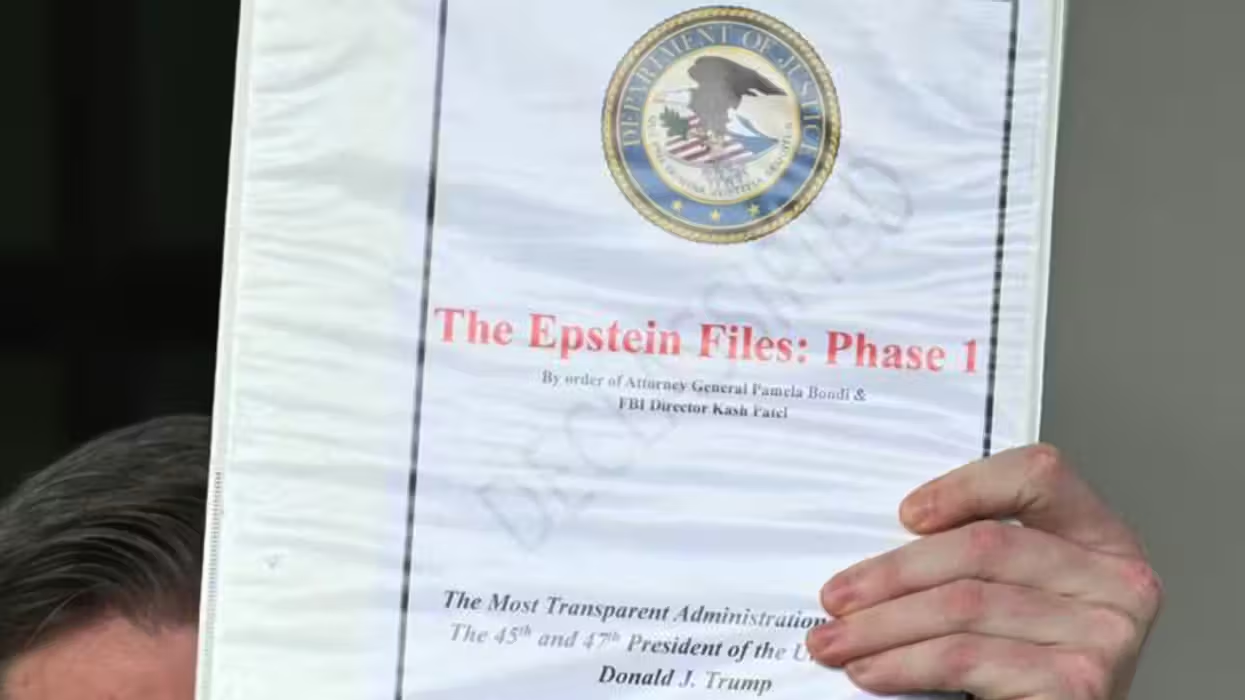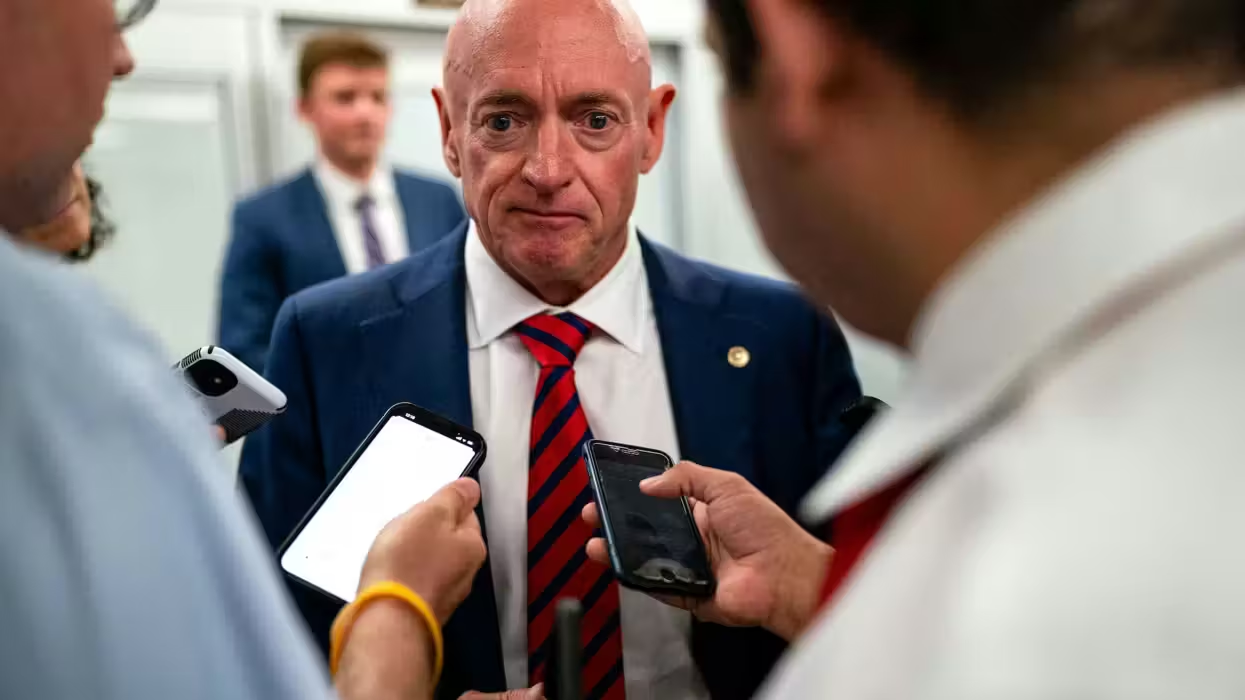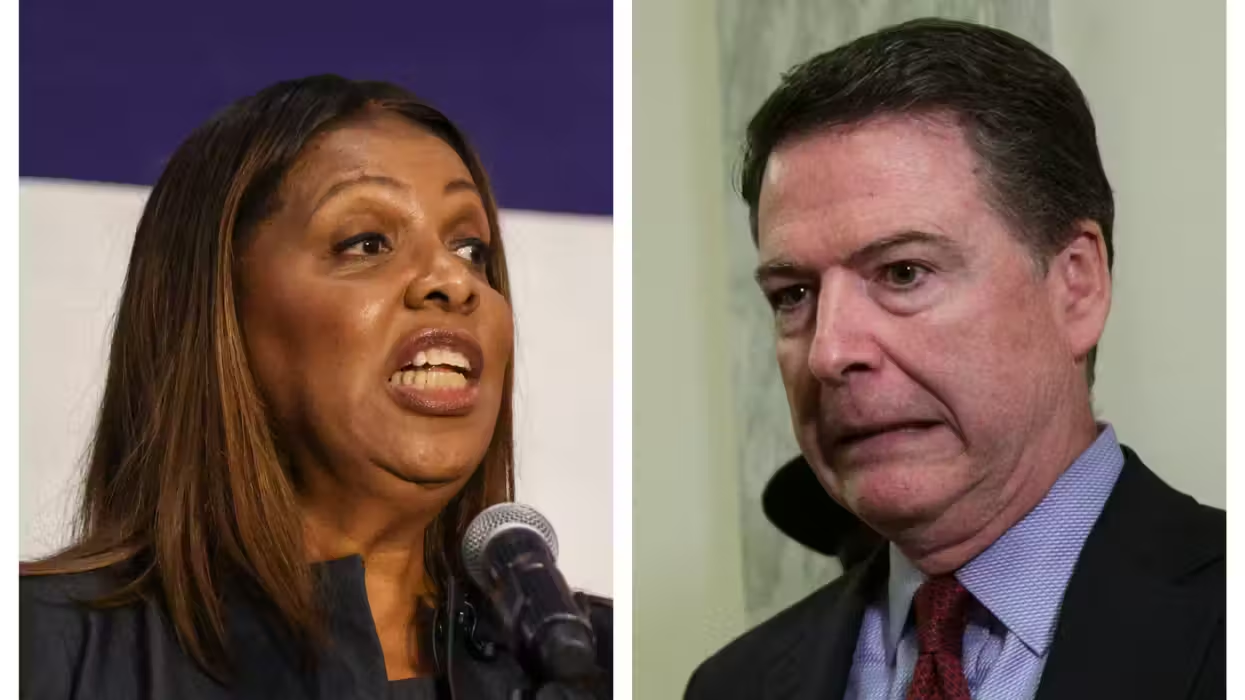
© 2025 Blaze Media LLC. All rights reserved.
Currency Wars: World Banks Plead With G20 To Avert Global Currency Clash
February 11, 2013
 Left to right: Presidents Vladmir Putin, Francois Hollande, Hu Jintao, Barack Obama, Chancellor Angela Merkel, and Prime Ministers David Cameron and Shinzo Abe. (Getty Images).
Left to right: Presidents Vladmir Putin, Francois Hollande, Hu Jintao, Barack Obama, Chancellor Angela Merkel, and Prime Ministers David Cameron and Shinzo Abe. (Getty Images).
The world’s biggest banks on Monday begged the Group of 20 economic powers to work together to avoid a clash of currencies, further evidence that fear of an impending “currency war” (i.e. competitive devaluation) is not merely something dreamed up by “wingnut" circles.
Representing more than 470 financial firms, the Institute of International Finance warned that global addiction to “quantitative easing” (money-printing) could lead to “possible discord on exchange rates” and put a strain on international relationships.
"We believe major central banks should focus on enhancing their cooperation, especially of their communication strategies, to guide market expectations and thus help avoid a disorderly interest rate adjustment process and undue exchange rate volatility," the IIF said in a letter to Russian Finance Minister Anton Siluanov, who will chair the summit later this week.
"The challenge clearly is for both mature and emerging market economies to develop appropriate strategies ... to deal effectively with the eventual reversal of low-interest rate policies and quantitative easing," the letter adds.
It’s slightly ironic that the IIF letter is addressed to Russia’s Finance Minister considering the fact that a) it appears that the Russians are preparing for major global devaluations and b) the fact that it was the first deputy chairman of Russia’s central bank, Alexei Ulyukayev, who made headlines earlier this year after he warned of a looming “currency war.”
“Currency markets have witnessed some hefty gyrations in recent months due to widening gaps between the policies of the world's major central banks as they seek to revive growth and, in some cases, consider how to withdraw emergency financial support that has kept banks and economies afloat during the post-financial crisis years,” CNNMoney notes.
“Most marked has been the rapid devaluation of the yen against a range of currencies,” the report adds.
Indeed, you may recall that following the election of Prime Minister Shinzo Abe in December, the Japanese yen fell precipitously on his promises of greater economic stimulus. (One initiative announced by Abe calls for an open-ended program to purchase government bonds. Sound familiar?)
It is believed that, along with Abe’s rhetoric and promises of direct intervention, Japan’s economic stimulus projects have contributed to the devaluation of its currency against the euro and the dollar, rankling world leaders.
And then, of course, there's China.
Lael Brainard, the Treasury official who will lead the U.S. delegation to a G20 meeting later this week, warned Monday that China needs to do more to "let the yuan float more freely in the market," The Associated Press notes.
"It will be important that China ... reinvigorate the move to a market-determined exchange rate and interest rates," she said.
However, given its desire for cooperation and consensus, any statement on competitive devaluation from the G20 will most likely be low-key and avoid accusatory language.
Follow Becket Adams (@BecketAdams) on Twitter
Featured image courtesy Getty Images. This post has been updated.
Want to leave a tip?
We answer to you. Help keep our content free of advertisers and big tech censorship by leaving a tip today.
Want to join the conversation?
Already a subscriber?
more stories
Sign up for the Blaze newsletter
By signing up, you agree to our Privacy Policy and Terms of Use, and agree to receive content that may sometimes include advertisements. You may opt out at any time.
Related Content
© 2025 Blaze Media LLC. All rights reserved.
Get the stories that matter most delivered directly to your inbox.
By signing up, you agree to our Privacy Policy and Terms of Use, and agree to receive content that may sometimes include advertisements. You may opt out at any time.





